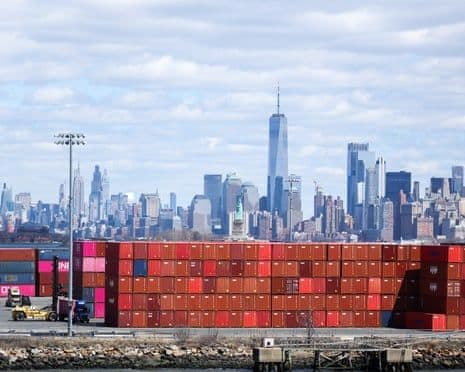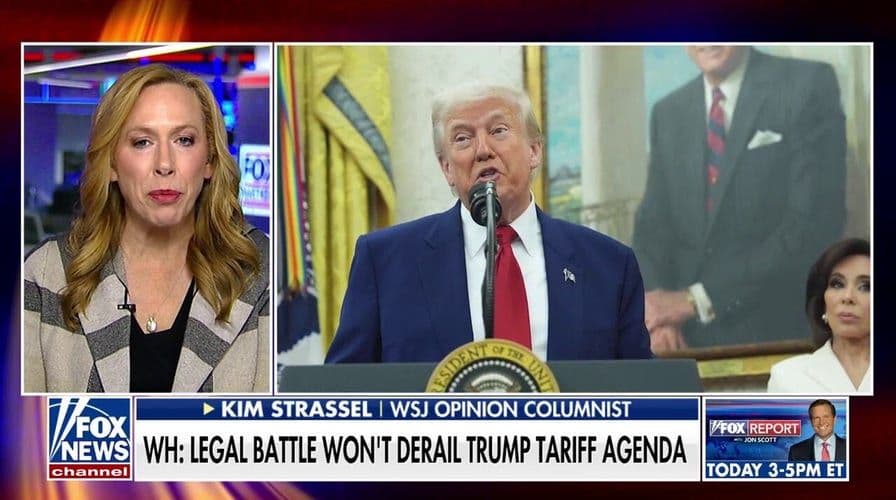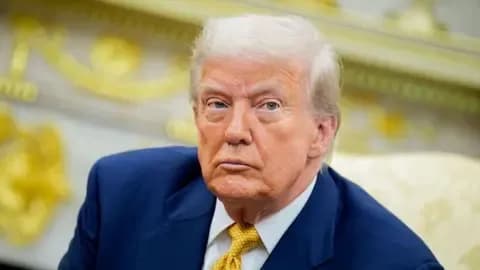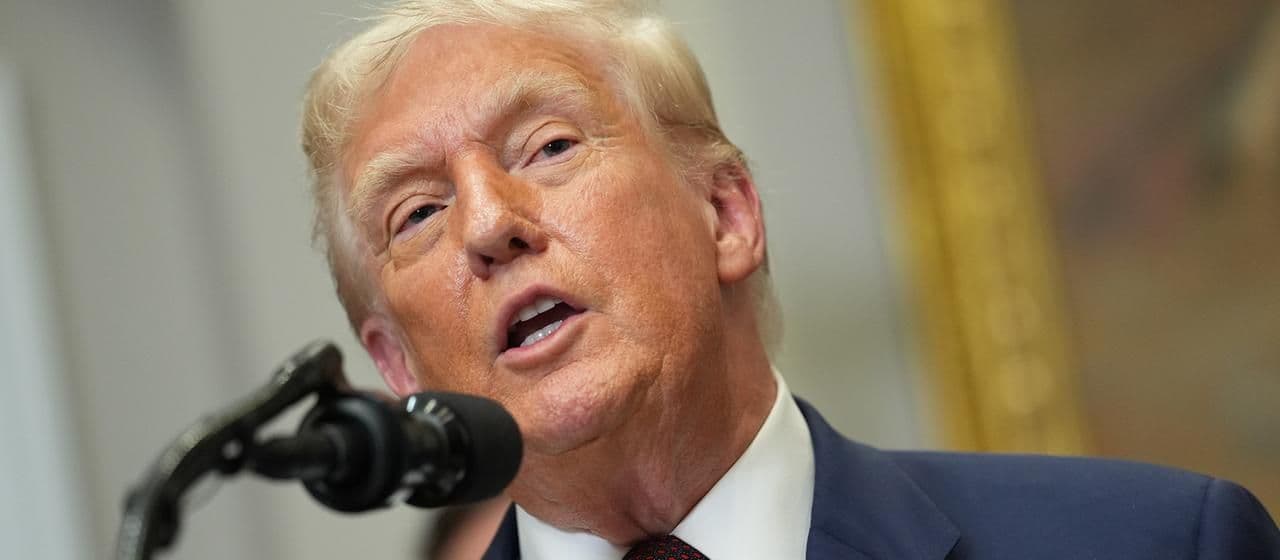The Constitutional Tightrope: Courts Challenge Presidential Trade Emergency Powers
A landmark court ruling challenges Trump's use of emergency powers for tariffs. Explore the legal battle, IEEPA's limits, and future implications for presidential authority and global trade.
The Gavel's Verdict: An Unprecedented Challenge to Trade Policy
A recent decision by a U.S. federal appellate court has sent ripples through Washington and global trade circles, deeming the majority of tariffs imposed by former President under the unlawful. This ruling upholds a lower court's finding that Trump overstepped his authority when levying duties, specifically targeting so-called reciprocal tariffs introduced in April, alongside those applied in February to goods from , , and . The court's critical interpretation hinges on IEEPA, a statute designed to address "unusual and extraordinary threats" during a national emergency. While IEEPA grants presidents broad powers, the court found no explicit provision within the law that authorizes the imposition of tariffs or taxes. It's crucial to note this ruling does not affect tariffs based on other statutes, such as those on steel and aluminum imports. Unsurprisingly, Trump swiftly denounced the verdict on Truth Social as "incorrect and partisan," insisting the tariffs remain in effect, while his administration has confirmed its intent to appeal to the . Attorney General echoed this sentiment on X, arguing the judges were overstepping into the President's constitutionally defined foreign policy role, setting the stage for a high-stakes constitutional showdown.
Weapons of Commerce: Unpacking IEEPA's Controversial Application
's deployment of for tariff imposition marked a significant departure from its historical use, igniting a fervent debate over the scope of presidential authority. IEEPA was originally conceived as a tool for presidents to address genuine national emergencies, typically by imposing sanctions on hostile entities or freezing assets—measures far removed from broad trade tariffs. Trump, however, declared the nation's trade deficit a "national emergency" in early April, thus invoking IEEPA as the legal underpinning for his trade policy. This innovative interpretation of the statute's intent and application is precisely what the courts are now scrutinizing. Historically, no American president had previously wielded IEEPA to levy tariffs, making Trump's approach an unprecedented expansion of executive power in economic policy. The appellate court's ruling, emphasizing that IEEPA does not explicitly grant the power to impose tariffs or taxes, directly challenges this novel application, forcing a re-evaluation of how future administrations might interpret and utilize emergency powers in economic matters.
Redefining Authority: The Judiciary's Stand on Presidential Economic Powers
The judiciary's firm stance in this tariff dispute underscores its vital role in defining the boundaries of presidential economic powers. By affirming that exceeded his authority and that does not explicitly permit tariffs, the courts are drawing a clear line in the sand regarding the separation of powers. This isn't merely a technical legal argument; it's a profound statement about congressional authority over trade and taxation versus executive discretion. The administration's counter-argument, articulated by Attorney General , frames the judicial decision as an encroachment upon the President's constitutional prerogative in foreign policy. This clash highlights a fundamental tension: where does the President's power to conduct foreign relations end, and Congress's power to regulate commerce begin? The appellate court’s pragmatic decision to keep the tariffs in place until October 14th, allowing time for a appeal, reflects the gravity of the issue and the judiciary's careful navigation of a potentially disruptive constitutional crisis. This ongoing legal battle will ultimately shape the interpretation of executive authority for generations to come.
Echoes in the Global Market: Long-Term Repercussions of the Tariff Tangle
Beyond the immediate legal skirmish, the court's ruling carries significant long-term repercussions for global trade relations and future U.S. economic policy. If the ultimately upholds the lower court's decision, it could invalidate a substantial portion of the tariffs imposed, potentially unraveling trade agreements struck under their shadow, including those with key partners like the . Such a reversal would not only impact specific industries and supply chains but also inject considerable uncertainty into international commerce. Trump's own stark warning on Truth Social, that rescinding these tariffs would be an "economic disaster" making the United States "economically weak," reveals the high stakes involved from his perspective. The outcome will set a critical precedent for how future presidents can wield emergency powers in economic policy, influencing everything from trade negotiations to national security strategies. It forces us to consider whether the executive branch should have such broad, unilateral power to reshape the global economic landscape, or if such significant policy shifts demand explicit legislative approval and deliberation.
Related Articles

The Imperial Presidency vs. The Gavel: Unraveling Trump's Tariff Tangle

The Imperial Presidency vs. The Gavel: Unraveling Trump's Tariff Tangle

The Iron Curtain of Commerce: How Courts Are Redefining Trump's Tariff Legacy

The Iron Curtain of Commerce: How Courts Are Redefining Trump's Tariff Legacy

The Gavel's Echo: Unraveling the Constitutional Seismic Shift in US Trade Policy

The Gavel's Echo: Unraveling the Constitutional Seismic Shift in US Trade Policy

The Unfolding Trade Chessboard: Trump's Tariffs and the Global Response
